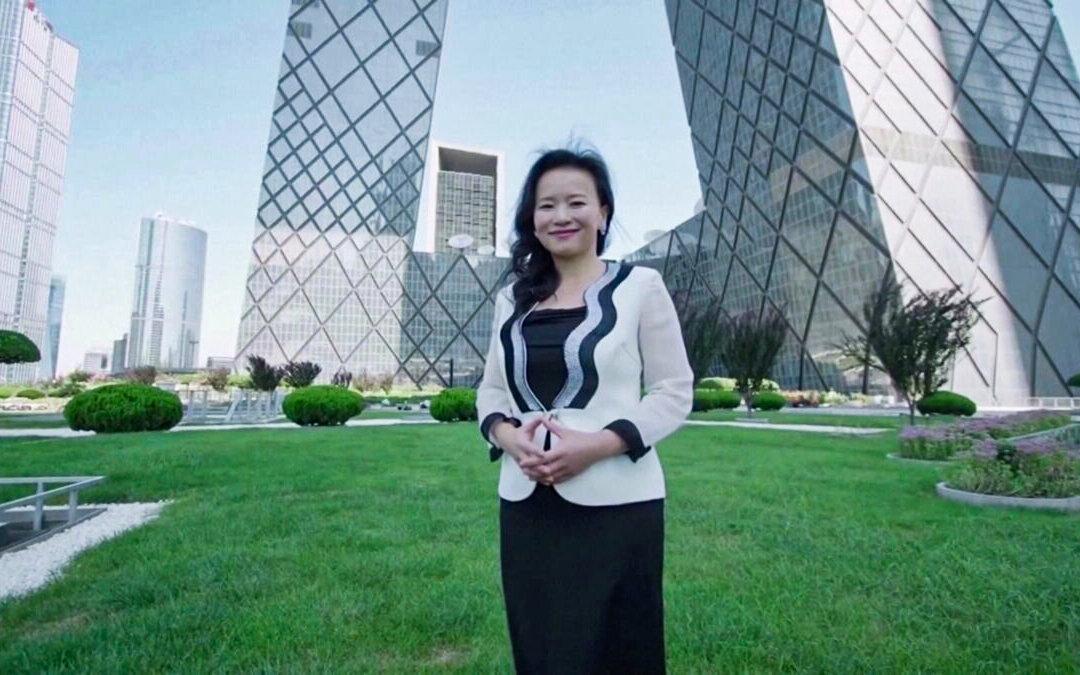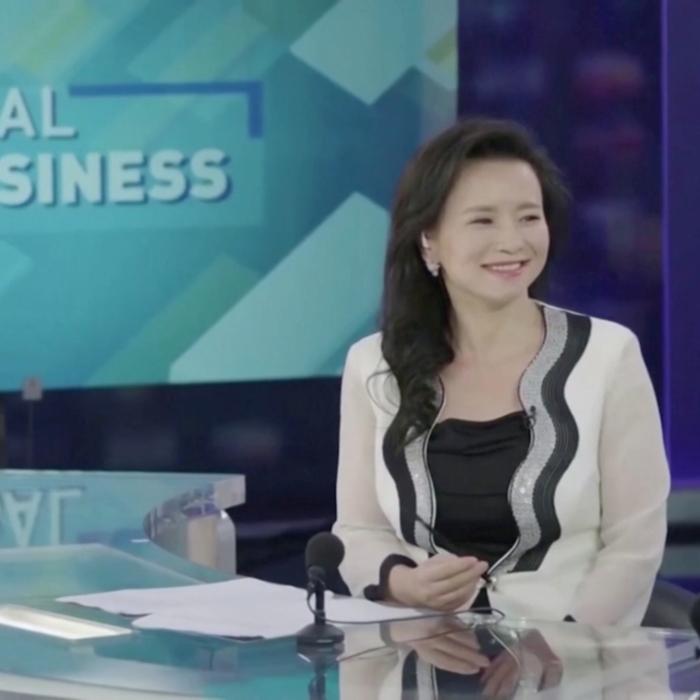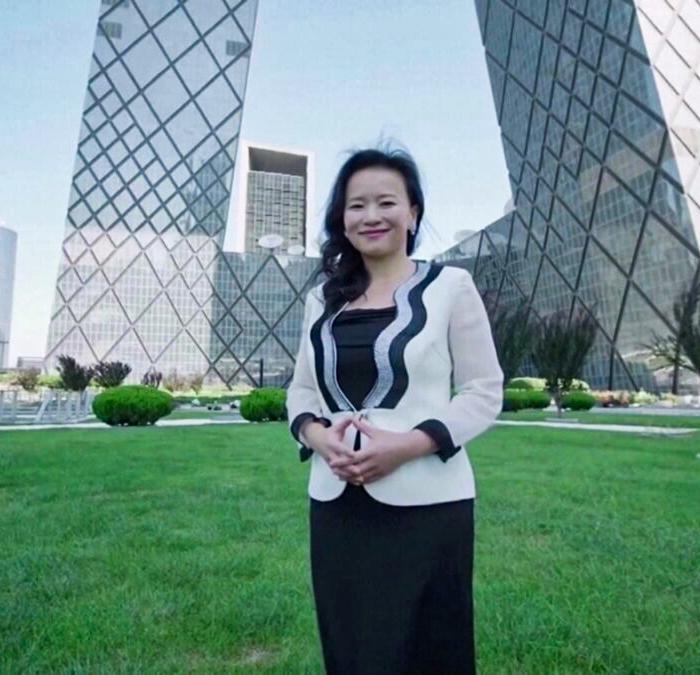Chinese-born Australian journalist Cheng Lei has come back to Australia after spending the last three years behind bars in China.
It comes after multiple efforts by the Australian federal government to discuss the issue with Chinese authorities.
Australian Prime Minister Anthony Albanese confirmed Ms. Lei had arrived safely home in Melbourne and was reunited with her family.
“Her return will be warmly welcomed not just by her family and friends but by all Australians,” Mr. Albanese said in a media statement.
“Her release follows the completion of legal processes in China,” he added.
“The Australian government will continue to provide whatever consular support Ms. Cheng and her family require.”
Speaking to reporters, Mr. Albanese said he had spoken to Ms. Lei who was met at the airport by Australian Foreign Minister Penny Wong.
“Her return brings an end to a very difficult few years for Ms. Cheng and her family,” he said.
“This is an outcome the Australian government has been seeking for a long period of time and her return will be warmly welcomed not just by her family and friends but by all Australians.”
Former Liberal Senator Eric Abetz said the Labor government deserved credit for persevering with Ms. Cheng’s matter.
“Foreign Minister Wong has on this occasion done the right thing by meeting Cheng Lei at Melbourne Airport and one suspects worked hard behind the scenes for her release. For this, the minister and government deserve credit,” he told The Epoch Times in an email.
“All Australians will be celebrating the release of journalist Cheng Lei from a Chinese prison. Her release was ostensibly allowed on the basis of all legal matters having been concluded,” he said.
3-Year Detention in China
Ms. Lei was working as a reporter for the China Global Television Network (CGTN), a state-owned media outlet, when she was accused of illegally supplying state secrets overseas.She was arrested by the Chinese Ministry of State Security in August 2020 at a time when Beijing was engaged in an expansive economic coercion campaign against Australia.
The move was considered another example of “hostage diplomacy” used to intimidate Western nations, and came after the previous Morrison government called for an independent investigation into the origins of COVID-19.
In August, Ms. Lei sent a public letter to Australia detailing her harsh conditions in the Chinese prison and her wish to see her two young children.
The Australian journalist said she could only stand in the sun 10 hours a year and had not seen a tree since being sentenced to prison.
“I can’t believe I used to avoid the sun when I was back in Australia,” she wrote in the letter.
“When I came back last time, I wrapped myself in the doona and pretended I was being hugged by my family under the sun.”
Mr. Albanese said her release from detention will not be a condition for him to visit Beijing, saying the visits and dialogue “should not be transactional.”
“The worst thing that can happen between nations that have disagreements is that they stop talking,” he said in August.
“My government continues to engage with its counterparts at different levels: at ministerial level, at bureaucratic level, at various national security levels. We are engaged. That’s a positive thing.”






